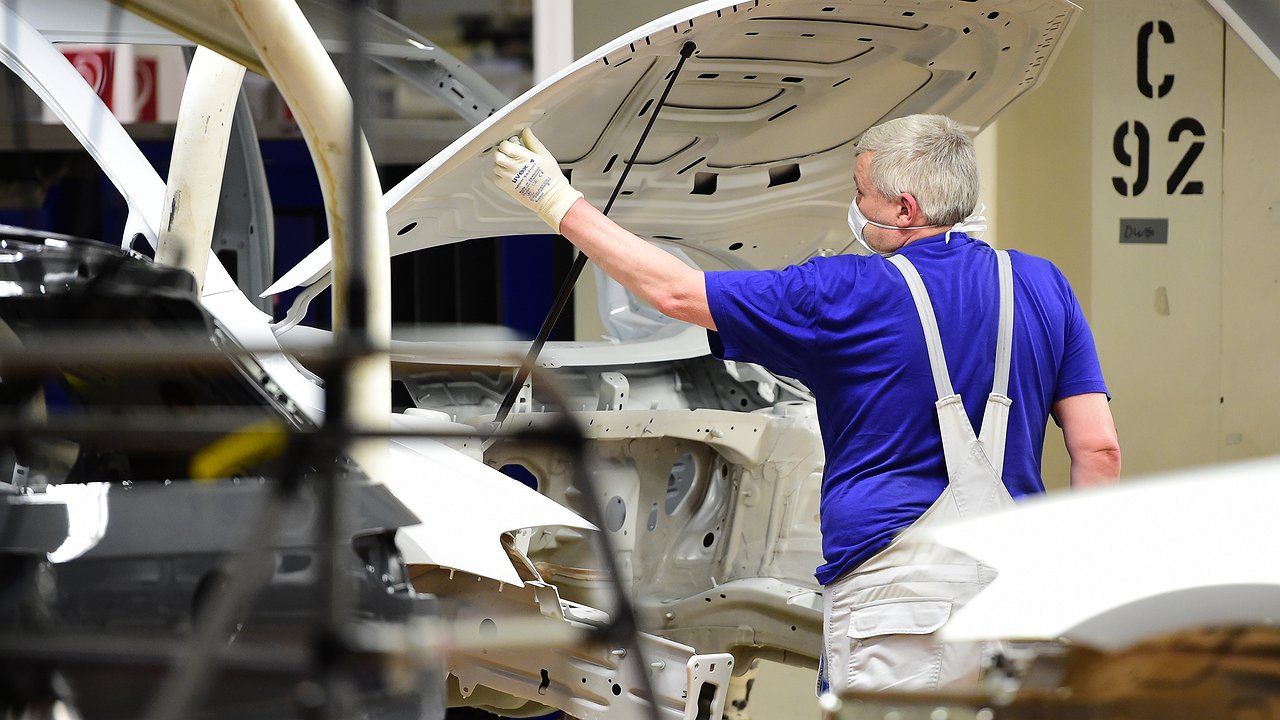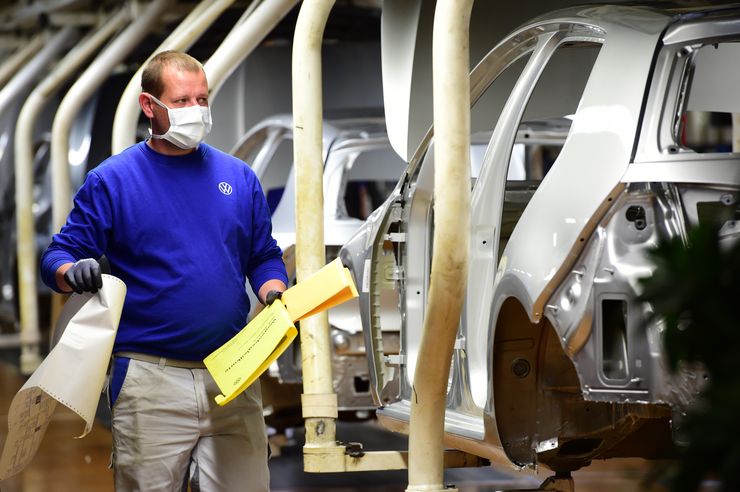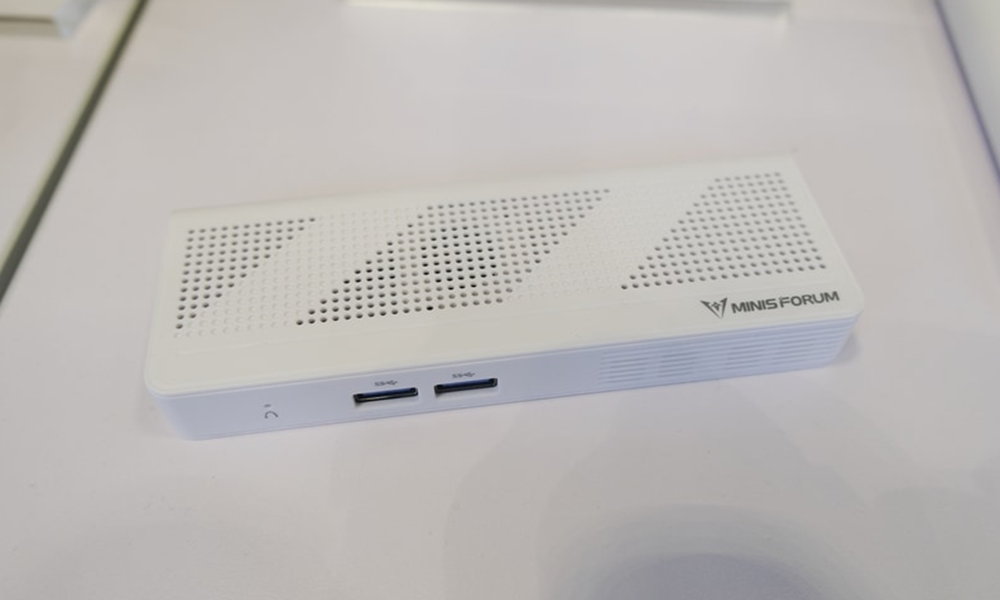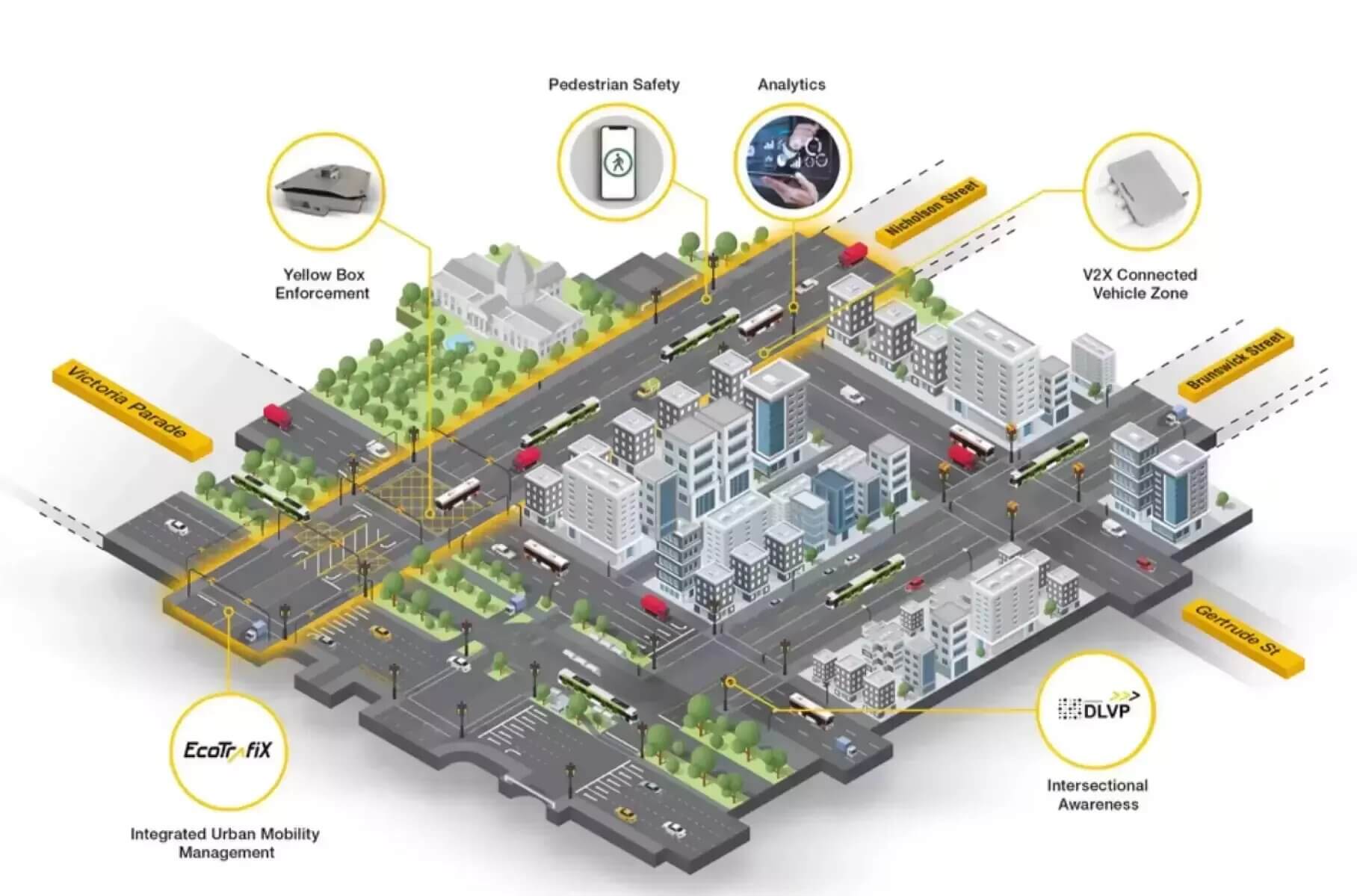But Sweden’s Volvo has completely ‘frozen’ the assembly of its cars in Ghent, Belgium, where production of the C40 Recharge electric car and the XC40 compact crossover has started. The reason for this is the lack of transmission units that the brand sources in China. The assembly line was also delayed by US-based Tesla, which makes premium Model Y electric crafts at its own factory near Berlin. Due to a shortage of car parts that stalled during deliveries from the Middle Kingdom, the company was at a standstill until at least mid-February.
Meanwhile, overseas Stellantis, which is currently the largest automotive alliance in the world, decided to take extreme measures: arrange the delivery of necessary parts through air travel. It is even scary to imagine how much the price of automotive products from the brands in its portfolio will increase due to forced cost overruns.
However, Stellantis is not a one-off Tesla production and the Peugeot and Citroen, Vauxhall and Opel, FIAT and DS models are actively sold in Europe. This means that the effective marginality of the project is facilitated by the volumes of cars sold. Therefore, under no circumstances should we “slow down”, although independent experts have already predicted a decline in sales of the brands covered by the distribution, as well as inevitable financial problems associated with fulfilling obligations to customers.
It seems that another large-scale crisis is on the way, which will paralyze the already shaky Western auto industry, which has not had time to recover from the consequences of the coronavirus pandemic and the introduction of anti-Russian sanctions.














